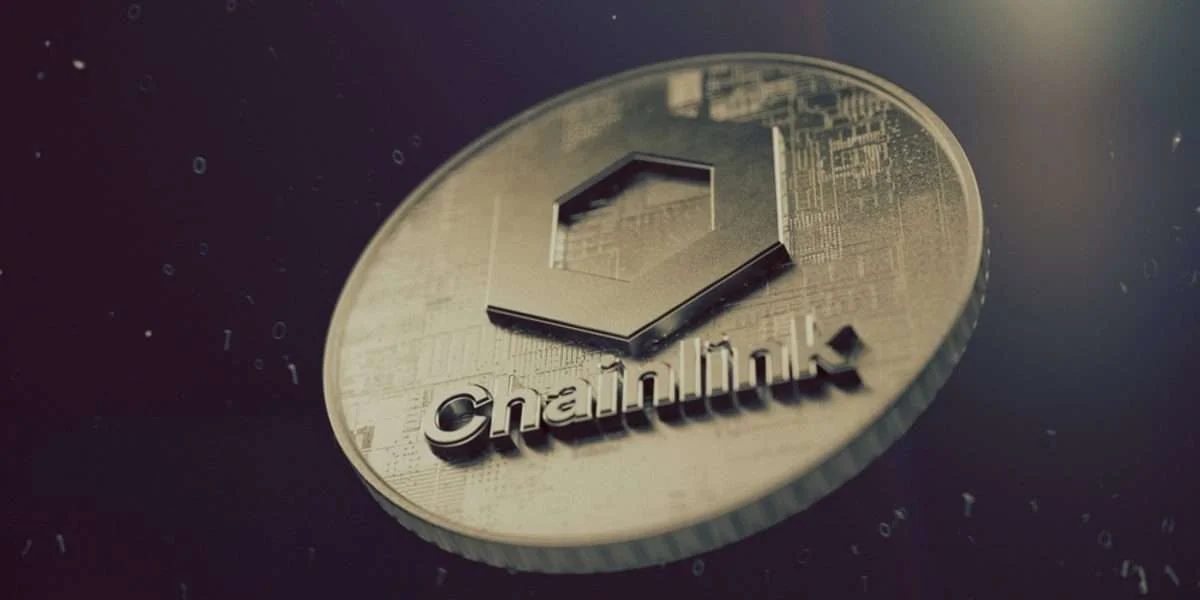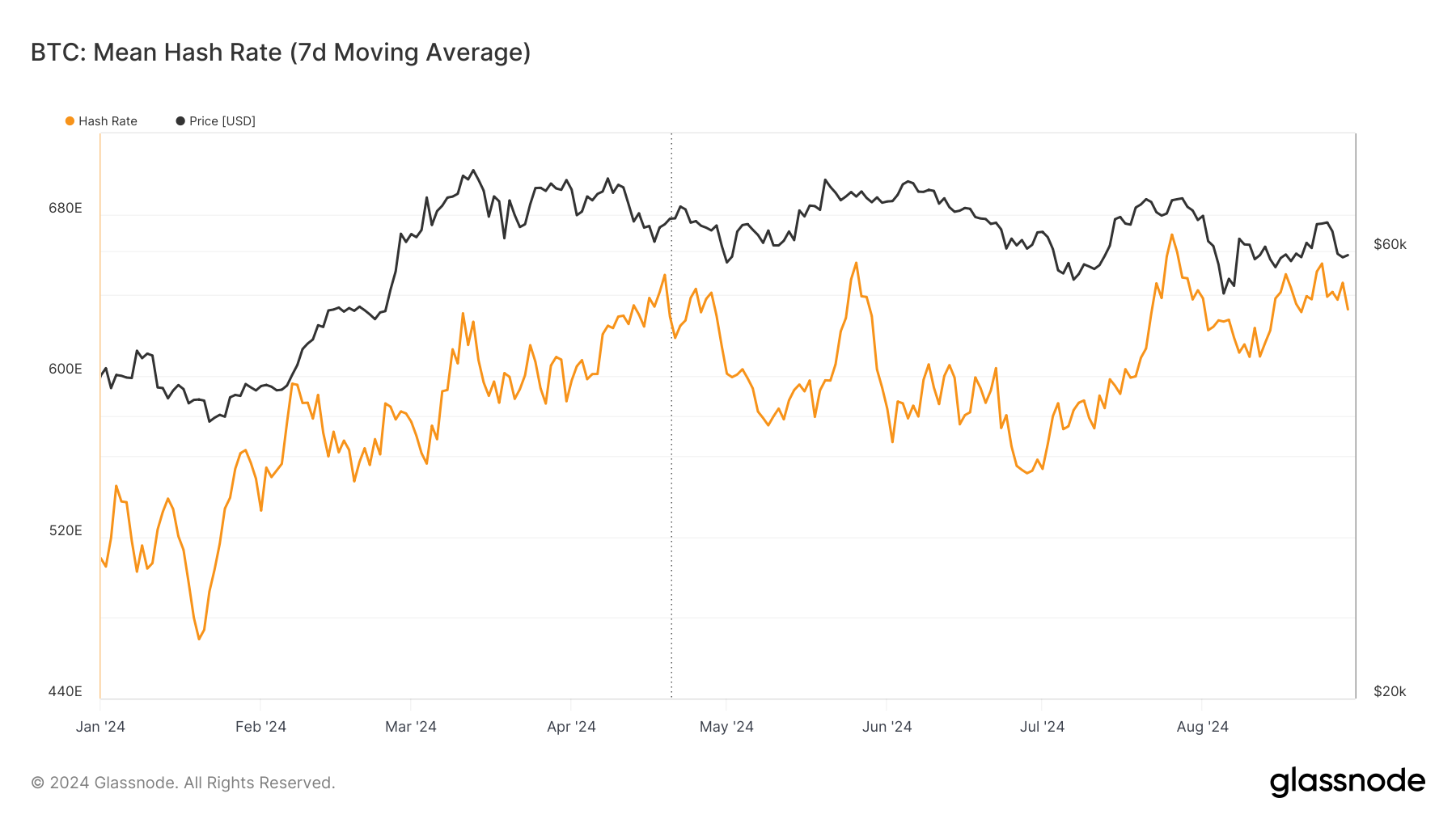
- Chainlink shares how using zero-knowledge proofs, users can share critical information without disclosing their digital IDs.
- ZKPs leverage privacy-preserving datasets on public blockchain networks and help in smart contracts execution without revealing the underlying data.
Oracle services provider Chainlink (LINK) has proved to be a savior in the crypto space offering while offering easy communication between blockchain networks and other off-chain platforms. Chainlink has been expanding its services to multiple use cases catering to different industry requirements.
Now, Chainlink has decided to revolutionize the world of digital IDs. It plans to leverage the zero-knowledge proof technology allowing users to prove their personal details without showing their IDs. Chainlink has shared an interesting use case for the same.
>You’re at a bar.
>The bouncer needs to see your ID.
>You don’t want to show the bouncer your personal info.
>You use a zero-knowledge proof to prove your age without showing your ID.
>You realize you’re living in the future.https://t.co/RHzjh2tJ1K pic.twitter.com/3n4rji3qGK— Chainlink (@chainlink) February 19, 2023
With the powerful zero-knowledge-proof technology, users can share their information without sharing their digital IDs everywhere. for e.g. users can secure a loan from the bank without revealing their balance or transaction history.
They can also rent an apartment without revealing their personal details. Also, they can log in to websites without revealing their passwords and the possibilities are endless.
More About Zero Knowledge Proofs (ZKPs)
Zero Knowledge Proofs (ZKPs) are emerging as new technological solutions for attaining privacy on public blockchain networks. It is a method for someone to cryptographically prove to another that they have knowledge regarding a specific piece of information without revealing the actual underlying information.
In the context of blockchain networks, the only information that ZKPs reveal on-chain is that a piece of hidden information is valid and known to the prover with a very high degree of certainty. Explaining how Zero Knowledge Proofs work, Chainlink noted:
At a high level, a zero-knowledge proof works by having the verifier ask the prover to perform a series of actions that can only be performed accurately if the prover knows the underlying information. If the prover is only guessing as to the result of these actions, then they will eventually be proven wrong by the verifier’s test with a high degree of probability.
As said, the primary benefit of ZKPs is leveraging privacy-preserving datasets on public blockchain networks. As a result, users can businesses can still execute smart contracts on the platform without revealing the underlying data.
Over the last few months, Chainlink has joined hands with key partners such as MakerDAO and others.
Chainlink (LINK) Price Rally
Altcoin Chainlink (LINK) has shown strength recently by gaining more than 25% over the last week. The LINK price is already up by more than 50% since the beginning of the year. As of press time, Chainlink (LINK) is trading at $8.14 with a market cap of $4.14 billion. It has also entered among the top twenty cryptocurrencies currently in the market.
The technical chart shows that LINK has given a bullish weekly close and could rally further up to $9.
$LINK enjoys a bullish Weekly Close above the black Range High resistance
Now, #LINK is in the process of the retesting this old resistance as new support
Successful retest and LINK will be able to revisit the red diagonal resistance above#Chainlink #Crypto #Bitcoin https://t.co/UtJo7899JX pic.twitter.com/hNEj8rm0cZ
— Rekt Capital (@rektcapital) February 20, 2023
No spam, no lies, only insights. You can unsubscribe at any time.
Popular crypto analyst Michael Van de Poppe calls it an opportunity of a lifetime. He noted that if the LINK price breaks past $9.0, it can surge all the way into the price range between $15-$20. “Slightly breaking out, if we get a retest around $7.80 I would be happy to long, resistance around $8.50-9.00, before we continue towards $15-20,” he wrote.
Crypto News Flash does not endorse and is not responsible for or liable for any content, accuracy, quality, advertising, products, or other materials on this page. Readers should do their own research before taking any actions related to cryptocurrencies. Crypto News Flash is not responsible, directly or indirectly, for any damage or loss caused or alleged to be caused by or in connection with the use of or reliance on any content, goods, or services mentioned.




